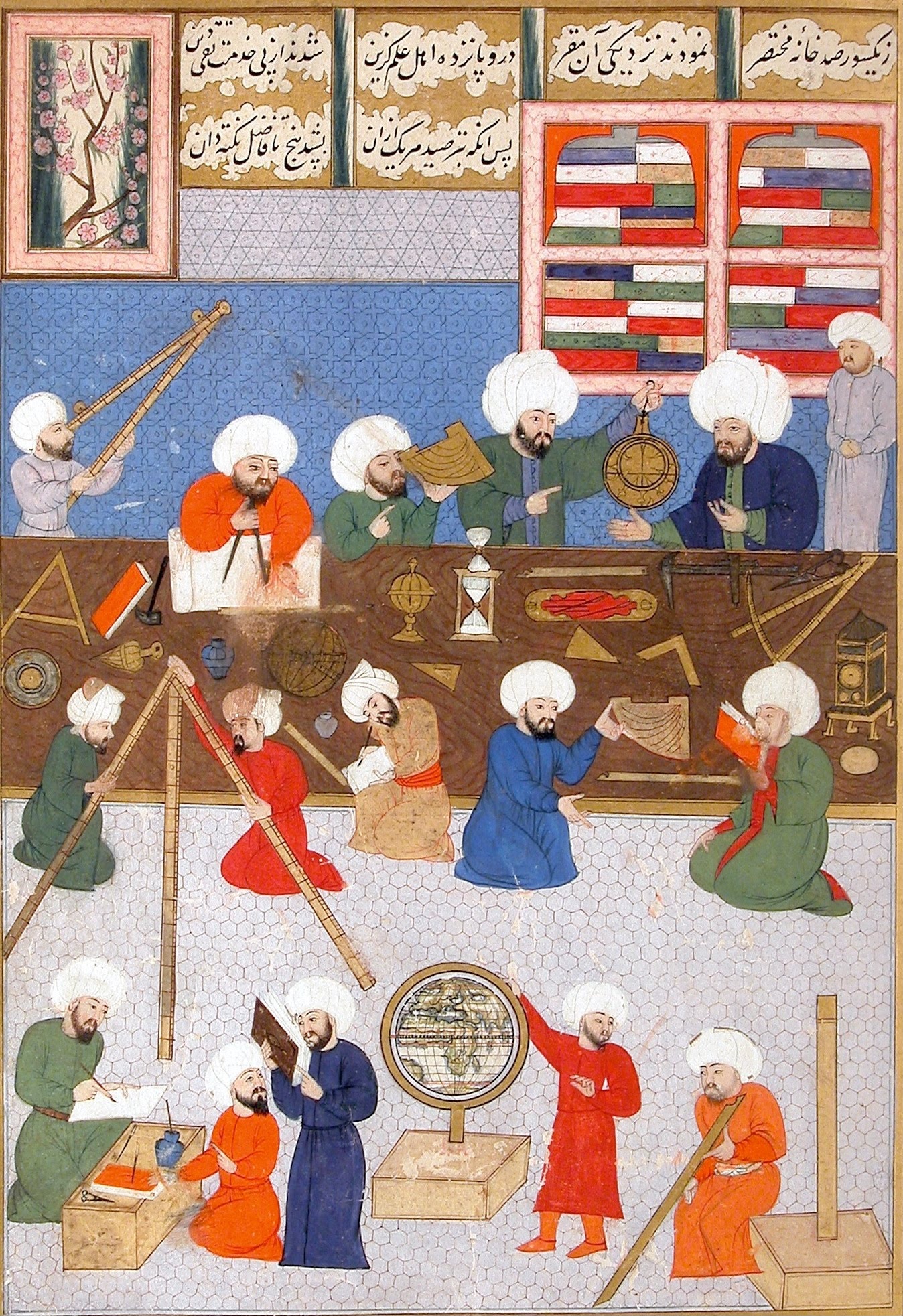|
Stefano Bigliardi
Stefano Bigliardi is a specialist on the Islam and science discourse. He is an associate professor at Al Akhawayn University in Ifrane, Morocco. Biography Stefano pursued his undergraduate degree in philosophy at the University of Bologna, completing it in 2004 with a thesis centered on Kantian aspects in the philosophy of language of Robert B. Brandom, under the supervision of E. Picardi. He later obtained his PhD in Philosophy of Science in 2008 through a joint program between the University of Bologna and the University of Konstanz in Germany. His dissertation, focused on the concept of belief, was completed under the guidance of M. C. Galavotti and W. Spohn. Stefano began his postdoctoral research with a fellowship at the University of Konstanz, where he also spent five years teaching languages at the university's Language Institute. In 2011, he moved to Sweden to take on a research and teaching position at the Center for Middle Eastern Studies at Lund University, where he rem ... [...More Info...] [...Related Items...] OR: [Wikipedia] [Google] [Baidu] |
Islamic Attitudes Towards Science
Muslim scholars have developed a spectrum of viewpoints on science within the context of Islam.Seyyed Hossein Nasr. "Islam and Modern Science" Scientists of medieval Muslim civilization (e.g. Ibn al-Haytham) contributed to the new discoveries in science. Haq, Syed (2009). "Science in Islam". Oxford Dictionary of the Middle Ages. . Retrieved 2014-10-22. From the eighth to fifteenth century, Muslim mathematicians and astronomers furthered the development of mathematics. Concerns have been raised about the lack of scientific literacy in parts of the modern Muslim world. Islamic scientific achievements encompassed a wide range of subject areas, especially medicine, mathematics, astronomy, agriculture as well as physics, economics, engineering and optics. Aside from these contributions, some Muslim writers have made claims that the Quran made prescient statements about scientific phenomena as regards to the structure of the embryo, the Solar System, and the development of the univ ... [...More Info...] [...Related Items...] OR: [Wikipedia] [Google] [Baidu] |
Lund University
Lund University () is a Public university, public research university in Sweden and one of Northern Europe's oldest universities. The university is located in the city of Lund in the Swedish province of Scania. The university was officially founded in 1666 on the location of the old ''studium generale'' next to Lund Cathedral. Lund University has nine Faculty (division), faculties, with additional campuses in the cities of Malmö and Helsingborg, with around 47,000 students in 241 different programmes and 1,450 freestanding courses. The university has 560 partner universities in approximately 70 countries. It belongs to the League of European Research Universities as well as the global Universitas 21 network. Among those associated with the university are five Nobel Prize winners, a Fields Medal winner, prime ministers and business leaders. Two major facilities for materials research have been recent strategic priorities in Lund: MAX IV, a synchrotron radiation laboratory – in ... [...More Info...] [...Related Items...] OR: [Wikipedia] [Google] [Baidu] |
Academic Staff Of Al Akhawayn University
An academy (Attic Greek: Ἀκαδήμεια; Koine Greek Ἀκαδημία) is an institution of tertiary education. The name traces back to Plato's school of philosophy, founded approximately 386 BC at Akademia, a sanctuary of Athena, the goddess of wisdom and Skills, skill, north of Ancient Athens, Athens, Greece. The Royal Spanish Academy defines academy as scientific, literary or artistic society established with public authority and as a teaching establishment, public or private, of a professional, artistic, technical or simply practical nature. Etymology The word comes from the ''Academy'' in ancient Greece, which derives from the Athenian hero, ''Akademos''. Outside the city walls of Athens, the Gymnasium (ancient Greece), gymnasium was made famous by Plato as a center of learning. The sacred space, dedicated to the goddess of wisdom, Athena, had formerly been an olive Grove (nature), grove, hence the expression "the groves of Academe". In these gardens, the philos ... [...More Info...] [...Related Items...] OR: [Wikipedia] [Google] [Baidu] |


